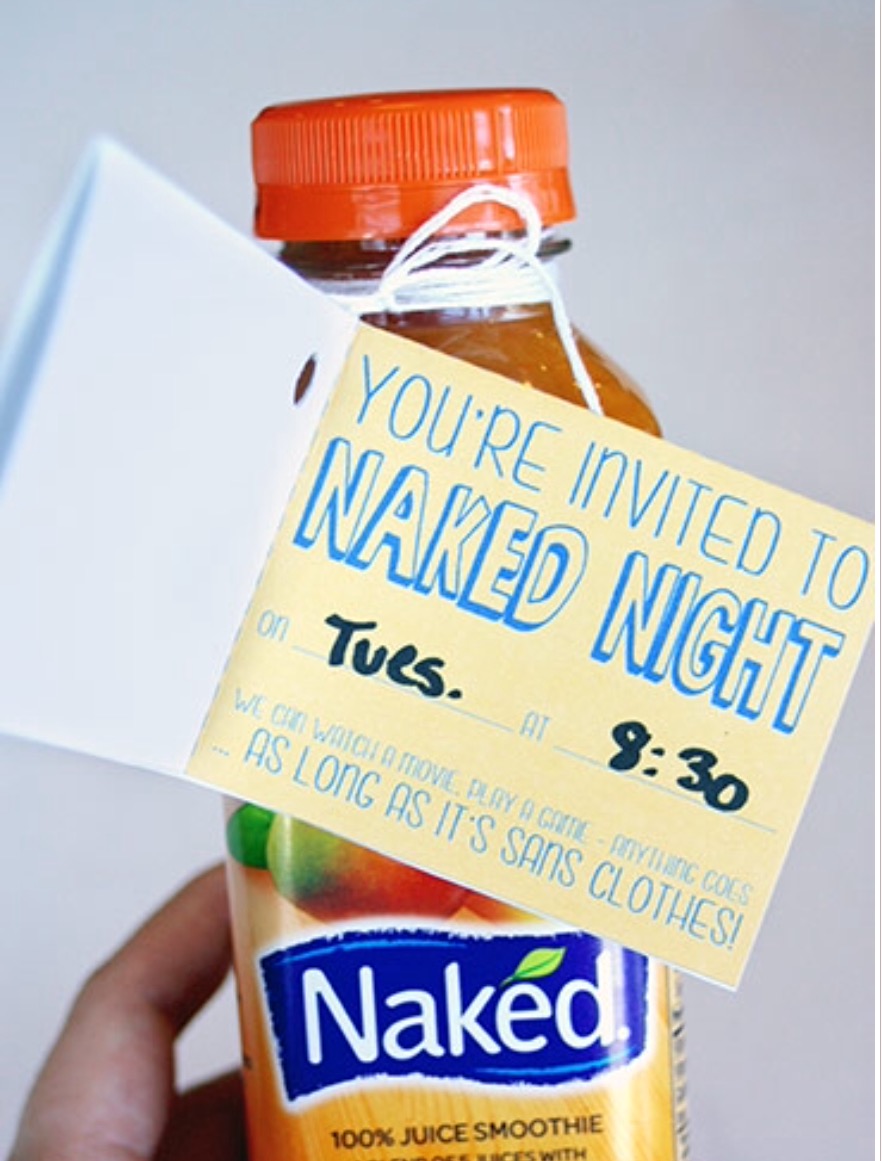
Here’s What I Have to Say …
BLOG POSTS
4th of July Fireworks – No Party for Veterans with PTSD

The country is about to celebrate it’s birthday, the 4th of July and while many people are happily planning outdoor gatherings and evening barbeques topped off with a healthy dose of colorful fireworks that sparkle and sizzle, crackle and BOOM, the men and women who have served this country with great love and commitment may be dreading this evening as a living nightmare.
For Veterans suffering from Post Traumatic Stress Disorder (PTSD), the 4th of July fireworks can trigger the emotional and physical responses commonly seen in PTSD.
This includes:
· Exaggerated anxiety
· Negative changes in behaviors and thoughts
· Panic attacks
· Heightened startle response
· Flashbacks of traumatic events including nightmares.
· Avoidance
The U.S. Department of Veterans Affairs reports that the number of Veterans with PTSD varies by service era. However, somewhere between 11% -30% of Veterans have PTSD in a given year. While exposure to trauma doesn’t mean you will get PTSD it does put you at higher risk. Clearly combat Veterans have higher exposure to witnessing traumatic events and are subsequently at a higher risk for developing PTSD.
Make sure you hug the people you love and whole-heartedly thank those who have served this country. For some we will never know the price they continue to pay.
Many Veterans and others who experience PTSD may anticipate and prepare for the 4th of July by taking distance from the noise or using headphones to muffle the sounds. They may stay indoors and opt out of large gatherings.
As family members we can support the people we love by also being sensitive to these triggers. Some Veterans may experience shame around this disorder and may not take the precautions they need. Keep in mind, it’s been reported by Veterans that another big problem is the smaller random fireworks used in the days leading up to and after the 4th of July. The sudden unexpected explosions can re-trigger memories of life-threatening moments.
For couples, families and individuals seeking support and relief from PTSD, contact a licensed therapist who specializes in trauma and has been trained in Eye Movement Desensitization and Reprocessing (EMDR).
For further information on EMDR:
http://nrepp.samhsa.gov/ViewIntervention.aspx?id=199
http://www.emdr.com/general-information/what-is-emdr/what-is-emdr.html
Happiness = Goals With A Soul
What if we have it all wrong; setting our goals early in the hopes that when we accomplish these things, we’ll feel a particular way. Instead, what if we sat down and really thought about how we truly, deeply want to feel in the different areas of our life.
Recently, I worked with a couple that was on the verge of divorce. They were so sad because they truly loved each other but had grown up and away from one another. They weren’t feeling how they wanted to be feeling in their marriage. They were no longer willing to be unhappy. They’re individual goals, that they had set in their early years had changed. They had changed. They didn’t think the other person understood them. Quite honestly, at that point, each of them didn’t have a clear understanding of themselves. So, we took a few weeks and as their clarity emerged, divorce came off the table and their love for each other re-kindled. They saw themselves in a new light, re-established their goals and accepted that working towards happiness was not the same as working towards not being unhappy. They aligned with happiness.
What if we have it all wrong; setting our goals early, making our to-do list in the hopes that one day, when we accomplish these things, we’ll feel a particular way.
Instead, what if we sat down and really thought about how we truly, deeply want to feel in the different areas of our life. Then, we established our goals and our to-dos around the feelings we want to have, every day.
Danielle Laporte says that in life, we're not really chasing the goal itself – instead we're chasing the feeling that we hope to obtain when we complete those goals. She says "when we make feeling good a priority, everything changes…" and when we get real about the feelings we truly crave, we might surprise ourselves, with some new choices. We might let go of goals and relationships that no longer serve us and hold tightly onto others.
So ask yourself, how do you truly, deeply desire to feel in these areas of your life; your marriage/relationships, creativity/learning, spiritually, physically, financially and emotionally?
You may experience some resistance as you're trying to get some clear adjectives to define how you truly want to feel. You may feel a little vulnerable. Take some time with this practice. This may feel foreign because who’s ever asked you this before? Sit in a peace-filled place as you explore as many adjectives and positive feelings as you can.
Once you’ve established how you want to feel, narrow the words down to 3-4 main words in each category. Now as you revisit each area of your life ask yourself if your goals are aligned with getting you the feeling you want to have every single day. If so, yay! You are truly getting a glimpse of your happiness every day. If not, what needs to go, stay, change so you are experiencing how you want to feel, every day?
Like my couple from a few months ago, your life could change for the better as you align with happiness.
For a cheat sheet of words go to the last pages of this PDF: http://www.daniellelaporte.com/wp-content/uploads/2013/11/TheDesireMap_SampleChapter_TheMagneticsOfFeelings_SinglePages.pdf
The #1 Way to Become the BEST Gift Giver
Consider this, we often give love the way we want to receive it. If your primary love language is "gifts" and your romantic partner's primary love language is "quality time," you could be spending a lot of money and missing the boat...

While some of us love giving gifts to our romantic partner, others of us dread it. Will we get them the right thing? Will they like it? Will they hate it and not tell us… you get the picture.
Many times the way we purchase gifts is in a state of unconsciousness. We think about what the person might need or we think about what we would like the person to have. Often, we're not paying attention to what our partners want - and this is where we can blow it.
I just had a client this week tell me that he gives gifts to his wife "all the time" but it doesn't improve their intimacy. When I asked him if he does this number one thing before he gives her the gift, he went on to tell me about all the things he likes to buy her. While this is sweet and good intentioned, this loving man was missing the boat. As many of us often do.
Think about all the times you've gotten a gift from your romantic partner and wondered "Do they even know me"? And now, think about the gift that you would truly love from your romantic partner.
To give a great gift you have to do it in a state of authentic awakeness – if that's even a word. What I mean by that is, you have to do it in a way that you truly consider what your romantic partner wants most from you (not what you mostly want to give them). I know you're saying, "But Jenn... this takes work. This takes more time then that unconscious stuff."
According to author Gary Chapman, there are five main ways we want to get and experience love. Each of us has a "primary" way and often a "secondary" way. He calls them the 5 Love Languages. These love languages include:
- Gifts
- Acts of service
- Quality time
- Words of affirmation
- Physical touch
Consider this, we often give love the way we want to receive it. If your primary love language is "gifts" and your romantic partner's primary love language is "quality time," you could be spending a lot of money and missing the boat, every time. I know It's hard to see the disappointment in your loved ones eyes, when you buy them that little négligée that you thought was the perfect gift. However, through some easy investigation you can easily identify their primary love language and from now on, be giving them, what they feel, is the best gift they could ever received from you - and that's quality time! In fact, with some thoughtful awakeness, you could be giving them quality time while you're having lunch, holding hands, making eye contact and then shopping for that perfect négligée that you would love them to have. See how this works.:-)
Women often think that men's primary love language is physical touch. But most recently I had a couple who learned that his primary love language was actually words of affirmation. She was surprised and pleased to know this. He confirmed it was some laughter. Do you know your primary love language? Do you know your romantic partners primary love language? If you do you're on your way to being the best gift giver!
The number one way you can be sure to rock it out of the park now and always is to be awake in your gift giving, Consider the person you're giving the gift to and what is their primary love language? Give them the gift they want and watch them beam from ear to ear.
To find out more about discovering your romantic partner's primary love language (and becoming an awesome gift giver) go to
watch the sweet 3 minute video and take the quick quiz.
For more information about having the best relationship you can have, check out
or call me for a check up, check in or double-check.
The Secret to a Happy Marriage/Relationship –Lean into The Tough Conversations
When a topic is tough or times are hard, you may find yourself avoiding significant conversations in your marriage. You find yourself “leaning out”. You can’t bear the discomfort, the sadness or maybe the anger.

How many times have you heard the question…”What’s the secret to a good marriage?” You’ve probably heard this or thought about it 1000 + times. How often have you heard an answer that makes sense to you? If you’re like me (and I see couples all the time), rarely! The dreamy answer of “Never go to sleep mad” lingers with me in a romantic kind of way; but then I think about all the people who are up all night because they don’t want to go to sleep mad and then my brain gets fuzzy and I get fuzzy and my brain jumps to a new topic. Then, I’m left one more time with no answer to this burning question.
After many, many, ma (I get 1 “many” for every 10 years) of practice & training, I have settled on a few things when it comes to marriage / relationship:
1. All marriages go through tough times. This isn’t saved for the crappy ones.
2. When marriage / relationship gets hard, this isn’t a universal indicator that it’s time to bail.
3. Divorce / separation doesn’t end pain. It just morphs it for a while.
4. Never going to sleep mad takes super human determination that may be only available to superheroes & cheesy movie characters.
5. Couples feel more understood and connected when they talk (to each other :-).
In the beginning, of a relationship, we’re often more generous with our time and more thoughtful with our words. But, there are times in all marriages when things get tough, when we want to run away. So what do we do? We go silent, we fight and sometimes, we run away. This strategy may work a few times, but it’s not the recipe for a “Happy Marriage”.
It turns out that happiness is only sustainable through connection and conversation. To be heard and feel known - to be understood by the person you love, that creates happiness.
When a topic is tough or times are hard, you may find yourself avoiding significant conversations in your marriage. You find yourself “leaning out”. You can’t bear the discomfort, the sadness or maybe the anger. So, you wall off and over time disengage, maybe just one topic at a time until you feel alone in your relationship. (And this is where trouble can come knocking.)
The statistical research on couples shows, and I see it everyday in my practice, that the greatest indicator for success in a marriage / relationship is the couples’ willingness to have tough conversations. The willingness to “lean in” to the discomfort; take a chance; to move slowly. When couples “lean in” to the tough conversations, they are essentially saying to their loved one: “I care about you / us so much that I’m willing to take a chance, a roll of the dice – that we’ll find our way through this and be strong on the other side.” It says “I have your back and I don’t want you to feel alone in this world.” It says, “You’re worth it. We’re worth it”
So the next time you hear the question, what’s the secret to a happy marriage? And you hear the answer “Never go to sleep mad,” you can interpret that to mean: don’t clam up and ignore the tough stuff. Don’t “lean out” when things are hard. “Lean In” to the tough conversations; the rewards are immense.
-
Mental Health: Post-Pandemic https://t.co/J2zea2qdML pandemic
-
You are Resilient https://t.co/Wrb5yL36HY
-
https://t.co/Ha77wPyb6A Journaling 101. How to Write that Crap Down.
-
5 Common Reasons Why Couples Go to Therapy: How an Expert Therapist Can Help https://t.co/cWBTduJFtC
-
The Spirituality of Silliness https://t.co/jju6Ry6443 via @mariashriver

